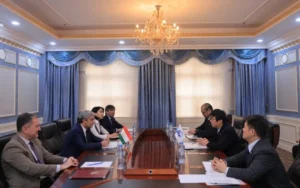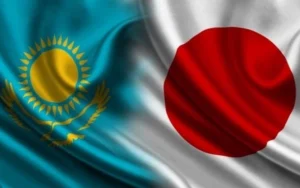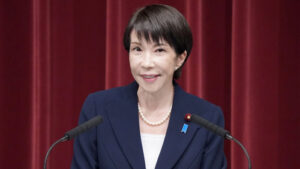G7 Ministers meet in Japan to discuss women’s empowerment

Tokyo, The Gulf Observer: Gender equality ministers from the Group of Seven industrialized nations gathered in Japan on Saturday to discuss women’s empowerment after the coronavirus pandemic exacerbated inequalities between the sexes and highlighted social and economic disparities between men and women.
The G7 ministers will adopt a joint statement on Sunday following the meeting in Nikko, Tochigi Prefecture, and will likely agree to measures aimed at addressing issues such as the gender wage gap, as well as decreasing employment opportunities for women, a Japanese government official in charge of the meeting said.
Among the G7 members — Britain, Canada, France, Germany, Italy, Japan and the United States plus the European Union — men were paid an average of 14.4 percent higher than women in 2021 compared with an 11.7 percent gap on average among Organization for Economic Cooperation and Development member countries, according to the OECD.
The ministers will discuss how to boost the promotion of women to high-paying positions at companies and look at ways to enhance the transparency of corporate governance over gender equality policies, the official said.
They will also focus on concerns that the COVID-19 pandemic had an adverse effect on gender equality and share their concerns that women may have been forced to reduce their working hours more than men to look after children, given the gender pay gap, the official said.
They will also look at the increase in domestic violence during lockdowns, the official added.
Japan’s gender equality and women’s empowerment minister Masanobu Ogura is chairing the meeting amid growing pressure on this year’s G7 host as it has lagged behind other countries on gender equality.
A survey by the World Economic Forum showed Wednesday that Japan ranked 125th of 146 countries on its gender gap rankings in 2023, remaining in last place among the G7 and the lowest in the East Asia and Pacific region.
The result came amid Japan facing criticism from equality campaigners for what they see as the government’s inaction over the low participation of women in politics and the economy.


